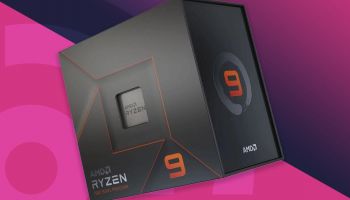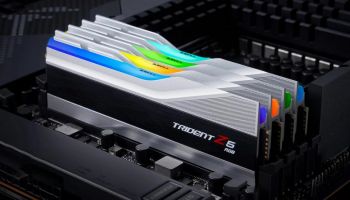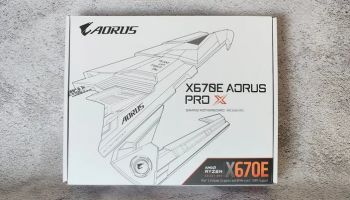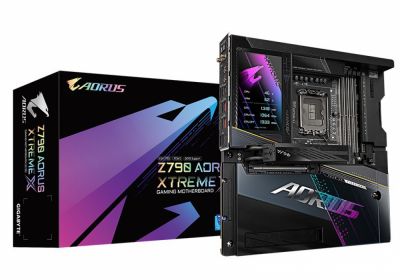Choosing the right motherboard is a crucial step in building a gaming PC. After all, the motherboard is the foundation upon which all other components rest. It determines what CPU, GPU, and memory you can use, and it also houses important features like PCIe slots, M.2 slots, and VRMs.
In this blog post, we'll take a look at the best motherboards for gaming in 2024. We'll cover motherboards that are compatible with the latest AMD Ryzen 7000 and 5000 CPUs, as well as Intel 14th Gen and 13th Gen CPUs. We'll also highlight motherboards with features that are important for gamers, such as PCIe 5.0 slots, multiple M.2 sockets, and robust VRMs.
Here are some of our top picks:
- Gigabyte B650E Aorus Master: This motherboard is a great option for gamers who want a high-end board with all the latest features. It supports AMD Ryzen 7000 and 5000 CPUs, and it has plenty of PCIe 5.0 slots and M.2 sockets for future expansion. The Aorus Master also has a robust VRM that can handle even the most powerful CPUs.
- ASRock X670E Taichi: This motherboard is another great option for gamers who want a high-end board with all the latest features. It supports Intel 14th Gen and 13th Gen CPUs, and it has plenty of PCIe 5.0 slots and M.2 sockets for future expansion. The X670E Taichi also has a robust VRM that can handle even the most powerful CPUs.
- Gigabyte Z790 Aorus Xtreme: This motherboard is a great option for gamers who want a top-of-the-line board with all the bells and whistles. It supports Intel 14th Gen and 13th Gen CPUs, and it has plenty of PCIe 5.0 slots and M.2 sockets for future expansion. The Z790 Aorus Xtreme also has a robust VRM that can handle even the most powerful CPUs.
These are just a few of the many great motherboards on the market for gamers in 2024. When choosing a motherboard, it's important to consider your budget, the CPU you'll be using, and the features that are important to you.
Here are some additional factors to consider when choosing a motherboard for gaming:
- CPU compatibility: Make sure the motherboard you choose is compatible with the CPU you plan to use.
- Chipset: The chipset determines what features the motherboard supports, such as the number of PCIe lanes and USB ports.
- VRMs: The VRMs (voltage regulator modules) deliver power to the CPU. A robust VRM is important for overclocking and for ensuring stable performance under heavy loads.
- PCIe slots: PCIe slots are used for graphics cards, storage devices, and other add-in cards. Make sure the motherboard you choose has enough PCIe slots for your needs.
- M.2 sockets: M.2 sockets are used for NVMe solid-state drives (SSDs). NVMe SSDs offer significantly faster performance than traditional SATA SSDs.
- Form factor: The form factor of the motherboard determines its size. ATX is the most common form factor for motherboards, but there are also smaller form factors like microATX and mini-ITX.
By considering these factors, you can choose the best motherboard for your gaming needs.







